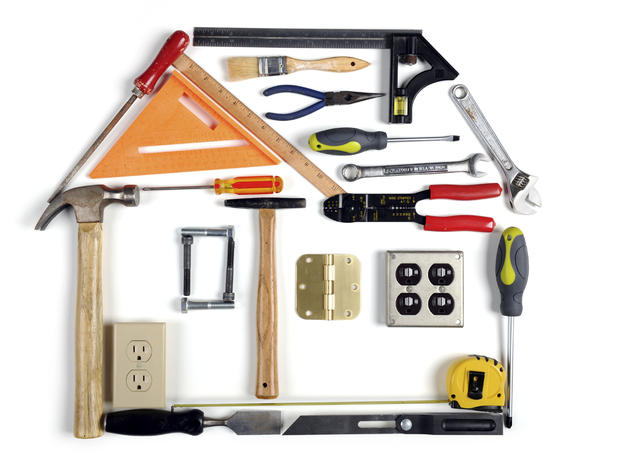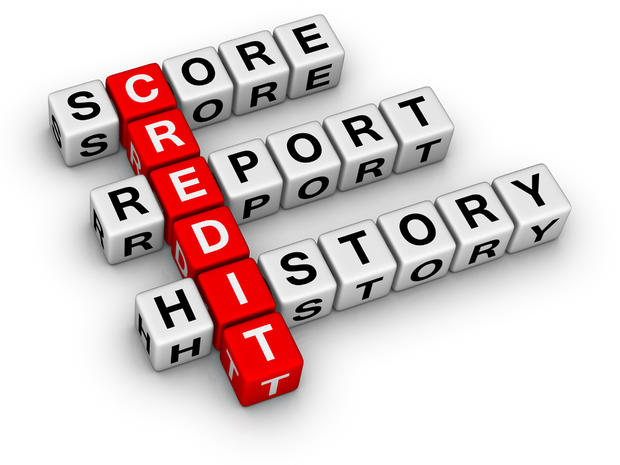Money tasks: What to do with that extra hour on Nov. 2
By Kristin Colella/MainStreet.com
Get ready to turn back the clocks. Daylight Saving Time ends on Sunday, Nov. 2, giving you an extra hour to do, well, whatever you want. Sure, you could spend the hour catching up on sleep or finally watching those shows saved on your DVR, but that might not be the best use of your time. Instead, how about taking the extra hour to get your finances in order?
After all, there are many simple money tasks that can be completed in just an hour, or less, that can help you get on the right track financially as the holidays approach.
Here are a few suggestions from personal finance pros on how to use that hour wisely.
Negotiate lower rates
Sometimes saving money can be accomplished through a few simple phone calls.
"Call your service providers and ask for lower rates, including on your cell phone, cable television, Internet service and home telephone," says Kate Horrell, a financial coach and blogger. "Call your utility companies and ask if there are any programs that provide discounts. For example, many electric companies offer discounts for using their programmable thermostats."
Create a home maintenance budget
You only need about an hour to set up an annual home maintenance budget, in which you list all of your necessary home maintenance tasks for the year and the costs of conducting each task, says Elizabeth Dodson, co-founder of HomeZada.com, a website that helps you manage your home spending and home improvement projects.
"For instance, if you choose to involve experts in your home maintenance like having your HVAC units checked bi-annually, adding this cost to your home maintenance budget will help when you need to manage your overall budget," says Dodson. "Also, by staying up to date on home maintenance activities, homeowners can oftentimes prevent the breakage of equipment or damage to your home which could result in unexpected and high expenses."
Set up automatic alerts
It only takes a few clicks to set up automatic alerts on credit card payments and other bills, which can help you avoid dreaded late fees. And if your bank offers an automatic security alert program, you might want to consider enrolling to help keep your personal financial data secure.
"Anytime your account information has been modified, such as change of address or request for passwords, or an irregular activity occurs, your bank will notify you immediately," says Erin Ellis, a financial educator at Philadelphia Federal Credit Union. "These alerts can be sent directly to your cell phone via text message or straight to your personal e-mail."
Set financial goals
While fixing your finances can't be achieved overnight, you can use your extra hour to start creating realistic financial goals for the future.
"Set up financial goals for one month, three months, six months and twelve months [from now]," says JR Pablo, certified financial planner for Patelco Credit Union, one of the largest credit unions in California. "For example, 'In six months, I am going to pay off all my credit cards.' Review results periodically and you may be surprised at your success as well as encouraged to keep setting and reaching new goals."
If you need a little help setting up your goals, considering creating a free account with Mint.com, which allows you to take a closer look at your finances.
"This site lets you aggregate all your bank and investment accounts to one location, so when a user logs in, they can instantly see all their balances, investment positions and overall investment allocation," says Greg Lessard, founder and president of Aspen Leaf Partners, an independent investment and financial planning firm in Golden, Colorado.
Whether you want to buy a home, save for retirement, get out of debt or pay down student loans, Mint.com allows you to enter how much money you need, set a date for when you'd like to achieve your goal and link your goal to specific accounts. You can check how close you are to reaching your goal at any time and receive monthly emails that track your progress.
Check your credit
Another productive way to use your extra hour is to access your free credit report through AnnualCreditReport.com. Credit reports keep track of your credit history and are the basis for your credit score, so it's important to review them carefully for errors and signs of identity theft, such as accounts that don't belong to you and names of employers you did not work for.
According to federal law, you are entitled to receive a free credit report once every 12 months at your request from each of the three major consumer credit reporting bureaus -- Equifax, Experian and TransUnion. Your free credit report does includes a credit score, which is an assessment of your creditworthiness that can dictate whether or not you'll be approved for a loan or mortgage and what interest rate you'll pay. There are many credit-scoring models out there, but one of the most widely used is the FICO (Fair Isaac Corporation) score, which uses a scale from 300 to 850 points (the higher the number, the better) and bases the score on data in your credit report. If you're curious about your FICO score from one or all of the three credit bureaus, you can access it through FICO.com for $19.95 each.
"Just like with any financial situation, knowledge is power: You can't fix bad credit if you don't know what's going wrong," says money blogger Emma Lincoln. "And if your score is higher than you realized, you might be able to get better interest rates or qualify for better credit cards."





